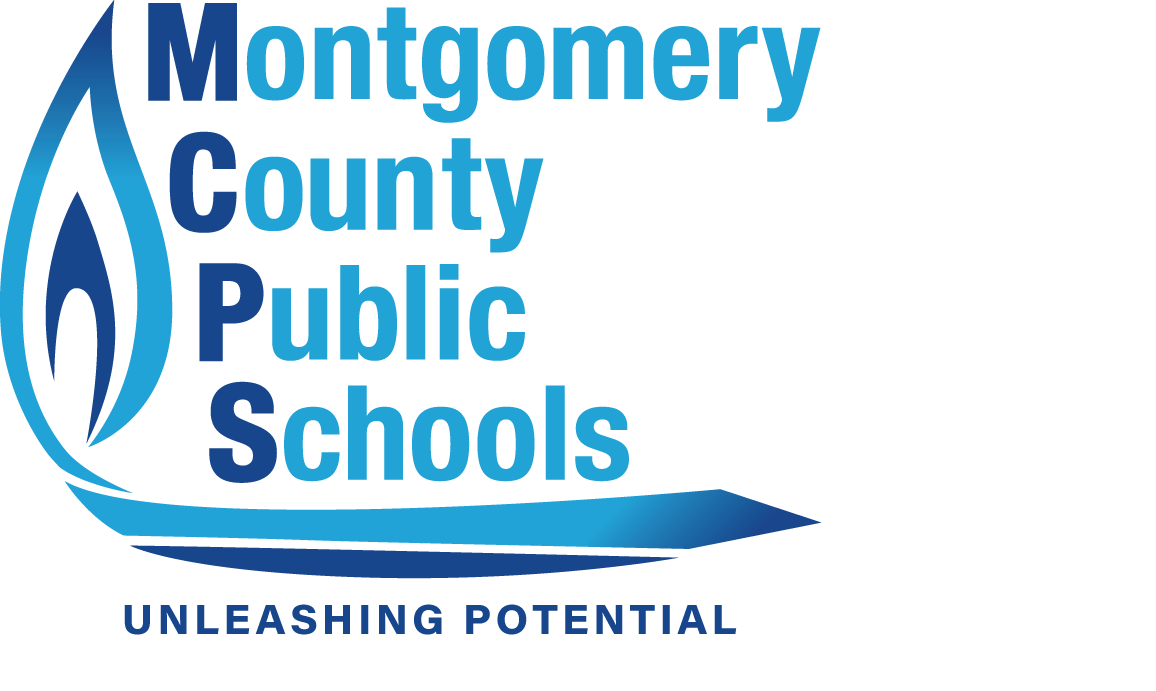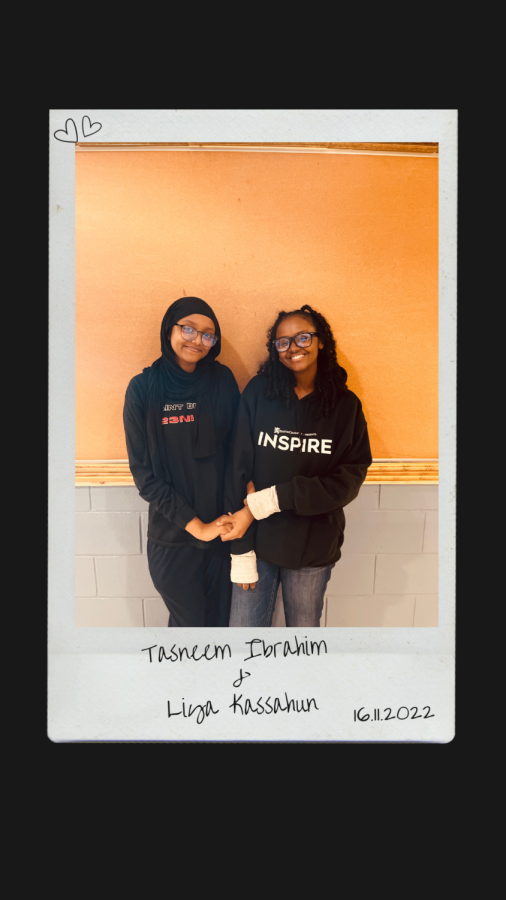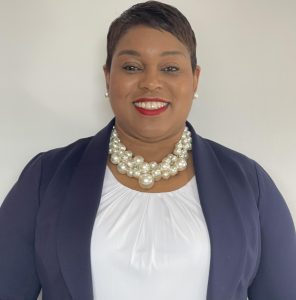Early Decision and Early Action Applications Can Be Stressful Without Proper Preparation
November 16, 2022
What’s the most dreaded date for the bulk of seniors? This would be November 1, the deadline for early decision and early action college applications.
Don’t worry, juniors, your time to feel the dread will come soon enough, so read and learn.
Early decision and early action applications are the earliest ways to apply for college. Early decision is a legally binding contract that states that when a university accepts your early decision application, you are financially obligated to attend the school, as you would lose money from student aid packages. Under the rules of early decision, it does not matter if you were offered a scholarship at another university or gained admission to your dream school; you must attend, as it would be seen as unethical by other colleges. Early decision is mainly avoided by most seniors who want to apply early, but still want to have options for college.
Early action is a way to receive an early response to your application, but does not require any financial or binding commitment from you. Under early action, you only have to commit to the college by its spring deadline. Most seniors who completed the early application process chose this option for its forgiving attributes related to an early response.
From the class of ‘23, Tasneem Ibrahim, Tammy Nguyen, and Liya Kassahun are three PB Seniors who chose the early action option for their college applications. Artistic and resourceful, Tasneem applied to the University of Texas at Austin, Towson University, the University of Maryland, Howard University, and the University of Michigan to study elementary education.
Being kind-hearted and academically inclined, Tammy only applied to the University of Maryland, College Park, where she hopes to study medicine.
Being artistic and creative, Liya applied to the University of Maryland, College Park along with the University of Maryland, Baltimore County (UMBC), where she hopes to study bio-engineering
For Liya, the early application process was exhausting. “Originally, I intended to apply to more schools for early action, but struggled to do so,” said Liya.
Tasneem and Liya both agreed that the early application process was difficult. For Tasneem, “it was pretty stressful, mostly because I didn’t pace myself…I didn’t do certain things on time.”
Liya noted, “Early action was a hassle, and I was severely underprepared. I realized that I should’ve started as early as the first day of school in trying to figure out how it worked.”
On the other hand, Tammy seemed to do fine with her application to UMDCP, as she found it easier to focus on one early application at a time.
The reward for these seniors, after finishing their applications, is a long wait to learn whether they got into the schools they worked so hard to apply to via early action. For them, as with all college applicants, the goal is to get that email or package from a school that welcomes them to the school that tells them that they “got in.” However, all seniors are painfully aware that their application might result in a denial or waitlist response.
Early action offers a great opportunity to fight against the competitiveness of some schools, especially those with a huge pool of applicants. It is clear that early applications work as the University of Maryland, College Park states, “We accept 90% of our freshmen class from the first early application process.”
While early applications are clearly beneficial, they are not the only way. For juniors – and even sophomores and freshmen – the advice from these three seniors is not to get discouraged from regular decisions; the traditional way to apply to college is nonbinding, Many seniors, Including Tasneem, Tammy, and Liya, also plan to apply to some schools on the regular decision schedule for their lower-priority or safety schools, which gives them more time to finish their applications.
Early applications are not your only choice, so don’t stress yourself out when it comes time to apply. The most important thing is to know where you want to apply with Common Application or the college’s application process on their website and to take advantage of the opportunities at PB for support. Here at school, there are programs like Acsis and College Tracks that offer college application guidance and scholarship help.
Another important piece of information that Liya really wanted underclassmen to know is about the importance of letters of recommendation. “Letters of recommendation are something you should consider before the junior year ends,” stated Liya, she added, “Try and visit the schools you’re interested in, find out if they’re test-optional, and take the required tests before senior year (or early in your senior year) if needed.
Liya also wanted underclassmen to “talk to your senior friends and the college and career center about the application process. And remember, it’s not the end of the world if you happen to miss the deadline (though it might feel like it). You’ll get through it just fine. I believe in you.”














































